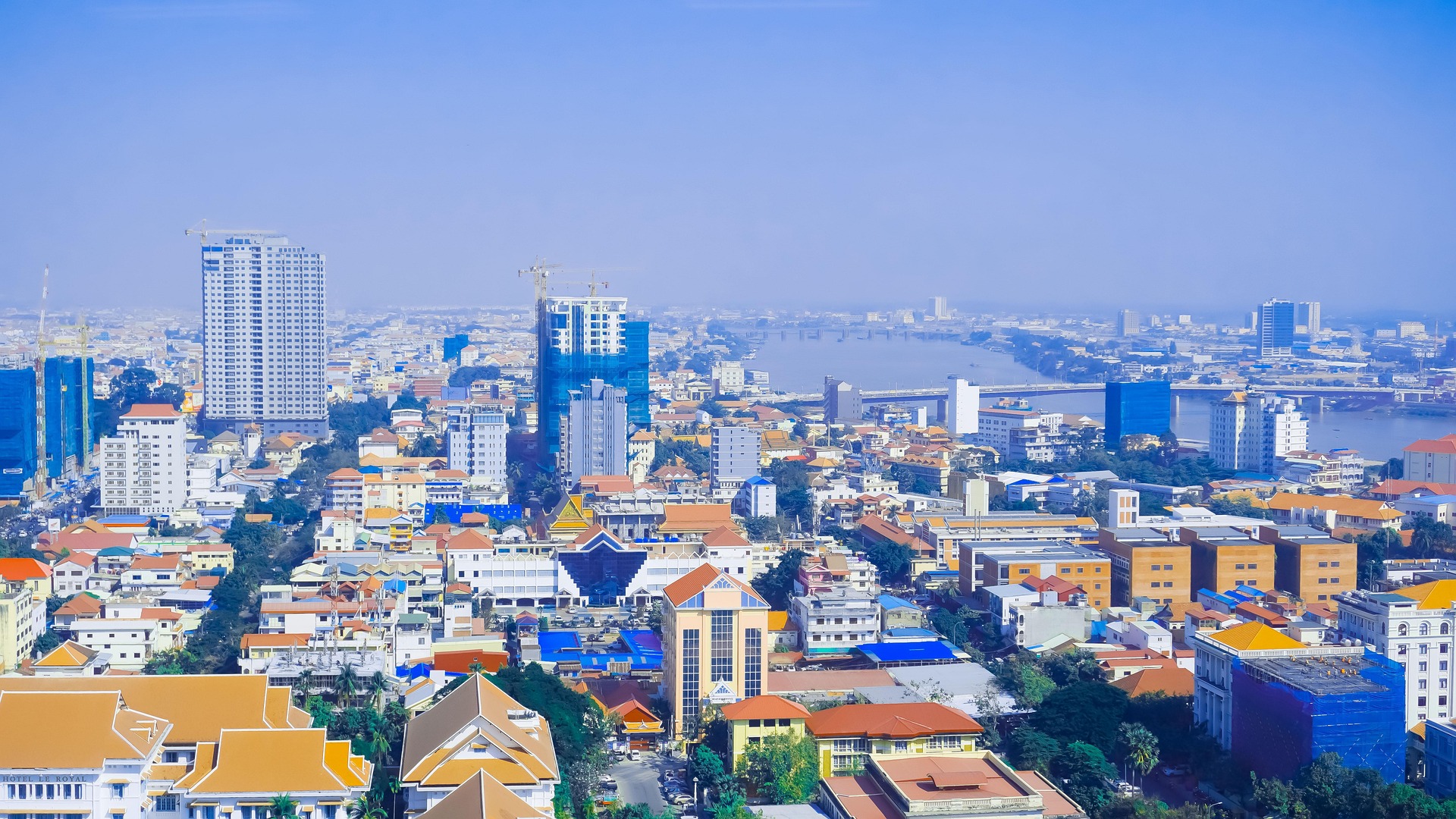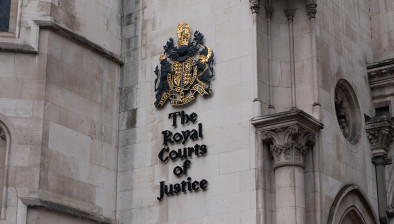Cambodia: Government allows slavery and torture to flourish inside hellish compounds

The Cambodian government is deliberately ignoring human rights abuses including slavery, human trafficking, child labour and torture that are being carried out by criminal gangs on a vast scale in more than 50 scamming compounds located across the country, Amnesty International said in a new report published today.
Survivors interviewed for the 240-page report, I Was Someone Else’s Property, believed they were applying for genuine jobs but were instead trafficked to Cambodia, where they were held in prison-like compounds and forced to conduct online scams in a billion-dollar shadow economy defrauding people around the world.
Agnes Callamard, Amnesty International’s secretary general, said: “Deceived, trafficked and enslaved, the survivors of these scamming compounds describe being trapped in a living nightmare enlisted in criminal enterprises that are operating with the apparent consent of the Cambodian government.
“Jobseekers from Asia and beyond are lured by the promise of well-paid work into hellish labour camps run by well-organised gangs, where they are forced to scam under the very real threat of violence.
“Amnesty’s research reveals the horrifying magnitude of a crisis the Cambodian authorities are not doing enough to stop. Their failures have emboldened a criminal network whose tentacles extend internationally, with millions of people impacted by the scams.”
Amnesty’s findings suggest there has been coordination and possibly collusion between Chinese compound bosses and the Cambodian police, who have failed to shut down compounds despite the slew of human rights abuses taking place inside.
In the most comprehensive documentation yet of the issue, Amnesty’s report identified at least 53 scamming compounds in Cambodia and interviewed 58 survivors of eight different nationalities, including nine children. Amnesty also reviewed the records of 336 other victims of Cambodian compounds. Those interviewed had either escaped from compounds, been rescued or had a ransom paid by their families.
As part of its 18-month-long research, Amnesty visited all but one of the 53 scamming compounds located in 16 towns and cities across Cambodia, as well as 45 similar sites also strongly suspected to be scamming compounds. Many of the buildings were formerly casinos and hotels repurposed by criminal gangs — mostly from China — after Cambodia banned online gambling in 2019.
Compounds appeared designed to keep people inside, with features such as surveillance cameras, barbed wire around perimeter walls and large numbers of security personnel, often carrying electric shock batons and in some cases firearms. Survivors reported that “escape was impossible”.
Forty of the 58 survivors interviewed had suffered torture or other ill-treatment — almost always carried out by compound managers. Some compounds had specific rooms — often known as “dark rooms” — which were designated places for torture of people who did not or could not work or meet work targets, or who contacted the authorities.
Survivors frequently mentioned deaths inside the compounds or nearby — one survivor described hearing a body hitting the roof of a building. Amnesty also confirmed the death of a Chinese child inside a compound.
The government has claimed to be addressing the scamming crisis through its National Committee to Combat Human Trafficking and a number of ministerial task forces, which have overseen a series of police “rescues” of victims from compounds. However, more than two-thirds of the scamming compounds identified in the report continued to operate even after police raids and “rescues”. At one compound in Botum Sakor, human trafficking has been widely reported by media and police have intervened multiple times to rescue victims, yet the site remains open.
Montse Ferrer, Amnesty International’s regional research director, said: “The Cambodian authorities know what is going on inside scamming compounds, yet they allow it to continue. Our findings reveal a pattern of state failures that have allowed criminality to flourish and raises questions about the government’s motivations.
“The government could put a stop to these abuses, but it has chosen not to. The police interventions documented appear to be merely ‘for show’.
“Cambodia’s authorities must ensure no more jobseekers are trafficked into the country to face torture, slavery or any other human rights abuse. They must urgently investigate and shut down all scamming compounds and properly identify, assist and protect victims. Slavery thrives when governments look away.”










